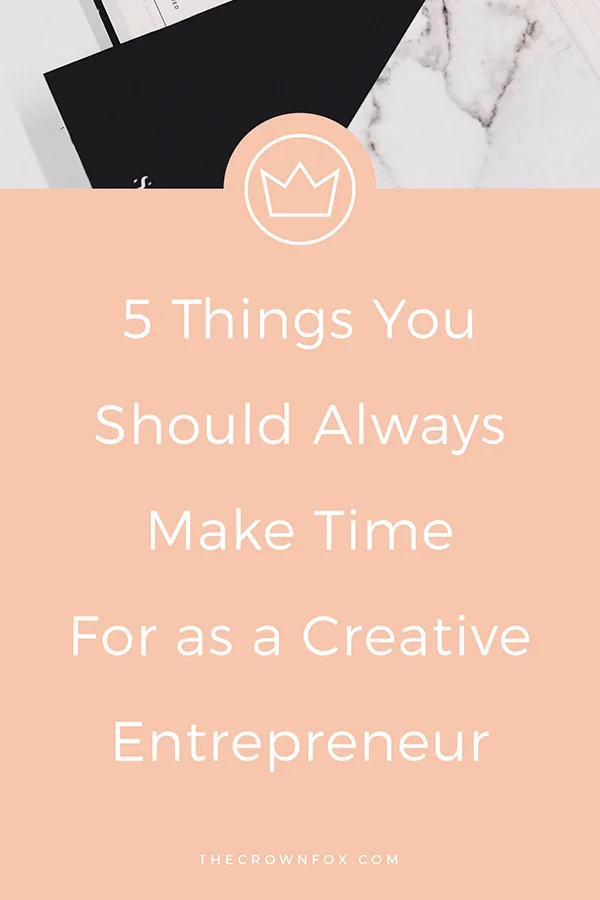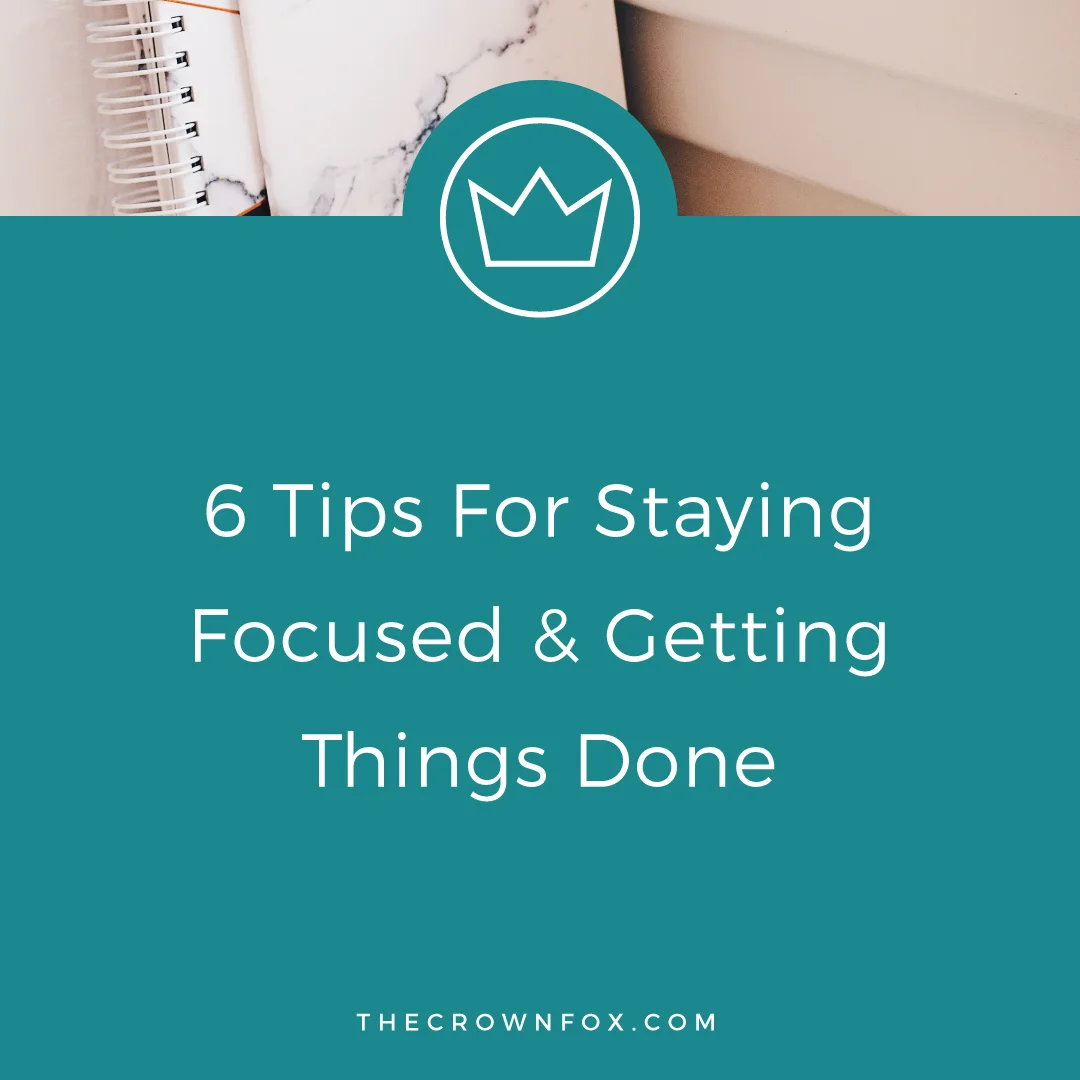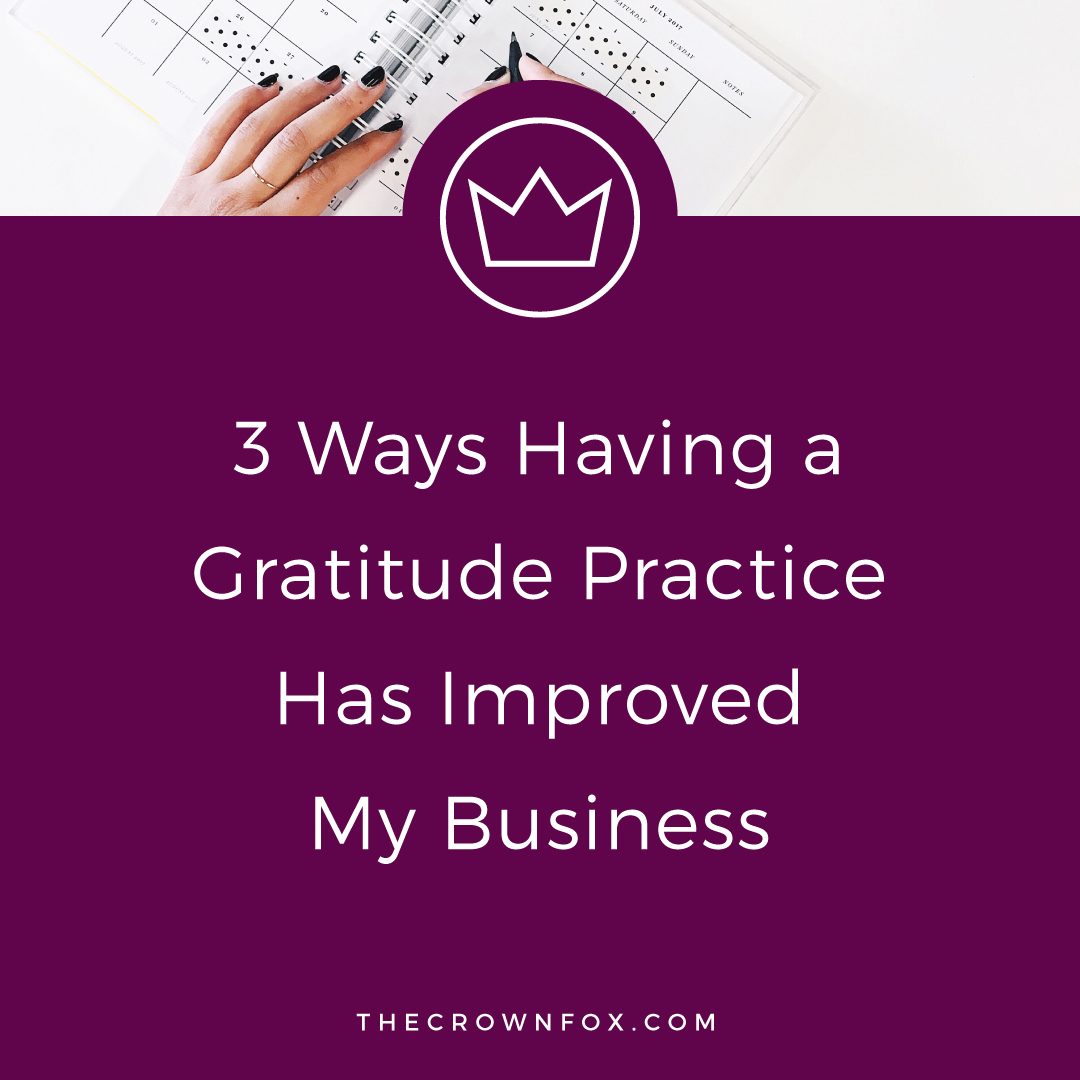Hey boss babe! The Weekly Wine Downs are officially LIVE! Last Wednesday I went live on my Facebook page, and now you can watch that video on YouTube (or below). I'll summarize the points in the blog post below, in case you prefer to read!
Here’s the deal: we are busy. Super, crazy, overwhelmingly, busy. Running our own businesses is hard and entails so much more work than we could’ve ever imagined. I know how easy it is to fall into the habit of working 14-16 hour days and barely stop for water, let alone a healthy meal. I’m going to let you in on a secret though: working like that does not make your best work and will lead to burnout, exhaustion, panic attacks in the middle of the night when you remembered something urgent, and overall bad vibes.
How can I say that so confidently? Because, girl, been there, done that. Did that. For a long time. And let’s be real here, it sucks. It’s not why we got into this whole entrepreneur thing anyway, right?! We wanted freedom. We wanted long lunches and lazy mornings. We wanted to make our own routines, work from cute coffee shops, and inspire others. We did not want to wear the same clothes for 3 days in a row and have a headache from the top-knot our hair has been in for just as long.
At the start of this year when I was evaluating my schedule and blocking things off and prepping for some shifts I decided there would be 5 non-negotiables in my life and schedule that I would always honor, always make time for, and walk away from the long crazy to-do list to get done. I made myself understand that the things on this list are just as important as anything else I would NEVER miss (this might be picking up your kids from school, seeing relatives when they’re in town, etc. For me it was getting to the grocery store when I knew I was out of wine, or getting to Chipotle before they close. Just kidding. Kind of).
They’re things that make me my best self and therefore my best boss and best business owner. Something that you don’t always notice when you’re an employee is how your boss impacts everything - if they walk in grumpy and worn out and mean - the day is going to be shitty. So now, you’re the boss - if you walk into work feeling like crap, it’s going to be a crap day. I realized this when I listened to a friend who was upset about their mercurial boss and how they ruined the whole mood in their office. It dawned on me that hey I do that the same way in my own business…
My hope is that this will inspire you to establish your own personal non-negotiables and make time for yourself outside of your business. Without further ado…
Creative Brainstorms
I’ve always valued time to be creative in both my life and my business, but I did get caught up in over-scheduling last year and only allowed myself ‘creative brainstorms’ at set time. In retrospect, that sounds completely ridiculous. How can you say, “On Wednesdays from 2-3pm I’ll be creative”?!
My business does require me to think creatively often throughout the day, and that’s something I manage well at this point. However, whenever my brain starts to really be in a flow and make connections and start to solve things… I don’t stop it. I used to think, “oh I’ll figure this out later” but later didn’t always happen. This has happened fairly often recently, as I’ve been putting a lot of time into thinking about “the big picture” for TheCrownFox and scaling my business. I do dedicate time to meditation and journaling and reflecting, but sometimes (often, actually), hours later when I’m mindlessly doing something else my brain will start to work through those ideas and generate some really great thoughts - I’ve adjusted my reaction to that and accepted it and took the time to keep going down that rabbit hole and have a brainstorm session right then and there.
What that really looks like is keeping a journal and pen nearby, so when ideas start pouring, I can write them down. It also looks like being flexible and knowing that even though I was in the middle of making my salad (I literally eat a Caesar salad everyday, I don’t know what’s wrong with me), I might need to take ten minutes to write down what’s in my head.
Granted, there are times when this is just not possible. For example, driving. You can’t exactly start scribbling away then, but I do let my mind wander (safely, of course) and if I need to voice record something I’ll do that. For me, I’ve noticed this usually happens during my non-working hours, when I’ved ‘turned off’ my client brain, and am just starting to relax - magic seems to happen, and I’ve gotten much better at embracing it.
Self-Care
Self-care is totally new to me. Not to sound like some sort of martyr that never took time for herself, because I totally did. I just never knew it as ‘self-care’ and I never knew how to embrace it and use it to the best of my abilities to feel calm, collected, taken care of, etc.
My self-care routine looks like a lot of baths, a lot of journaling, reading, working out. These are things that make me feel happy and good about myself and my life. And now, they’re non-negotiables in my schedule. Now, I don’t mean that I have ‘take a bath’ written in my agenda, but I do mean that if I am feeling overwhelmed or anxious or just anything other than great, I’ll stop and try and figure out a) what’s wrong and b) what will make me feel better. Sometimes it’s getting physical and going to have a good workout (okay, I’m not a great worker-outer, but Will and I recently changed our gym routine and it’s my ~dream~ gym routine, so now I get excited to go), and often it’s sitting in a really hot bath with some sort of meditation (I like the Insight Timer app) going.
In the past I would’ve disregarded my feelings and just ‘worked through it’ which eventually would have resulted in feeling worse or snapping at someone or something not very becoming. Now, no matter how busy or crazy my schedule seems, I prioritize making sure that I feel good by giving myself time to work through whatever is going on. At the end of the day, you’ve got to look out for number 1.
Real Connections
I’m pretty introverted. I like and need a good amount of alone time. This has affected my ability to really connect with people for as long as I can remember. Over the past year I’ve come to realize that I use this knowledge about myself to avoid doing things and stay in.
While staying in is fine sometimes, there is definitely something to be said about making real connections and making time for a life outside of business. Now, this could totally mean making a business bestie and connecting with them virtually -- but you should connect and talk about life sometimes too, not just your next marketing campaign.
This is still a work in progress for yours truly, but it is something that is important to me (and hopefully is to you too). Being obsessed with your business is great, but if it’s the only thing in your life it wont end well. One bad day or week of sales will send you into tailspin. One mean client will have you questioning everything. Instead, put some emotional eggs in other baskets, so you can find joy in cute lunch dates and trying the new espresso bar downtown.
Gratitude
I know you already know how important gratitude is. It’s a hot topic! It’s everywhere! But, y’all, there’s some legit truth in it. Gratitude is important. It’s vital. Set time aside daily or weekly to devote to gratitude. This is something I’ve been working at for over a year now, and the days that I spend just 10 minutes writing out a few things I am grateful for are the days that feel like they run the smoothest and leave me feeling the happiest.
There are countless studies on why this happens, but in my experience it just boils down to not letting every little thing send you into a whirlwind and having that ‘big picture’ mentality that sometimes is so necessary to keep us from getting too stressed out.
My goal is to write 3 general things I am grateful for each morning (and they are sometimes as simple as being grateful for my pillow, or for having socks on my cold toes), and in the evening 3 things I’m grateful for that happened that specific day (like getting paid, or eating a healthy dinner).
This practice has helped me shift my overall mentality towards ‘bad’ events - I’m one of those look-for-the-silver-lining type people now. Gross right?! Just kidding. But overall, it does make for a happier me, which means a happier business, and that’s one step closer to success.
Time to Unwind
Scheduling time to decompress and unwind between work and any activities after work, I’ve realized, is something I desperately need. For example, if I have dinner plans at 7, I need at least 30 minutes between work and that to relax, get ‘the day’ off my mind, and shift gears. I guess those with a more traditional 9-5 probably do this during their commute, but for us work-from-homers we have to create that routine and personal time.
It’s important because, inevitably, something will have been stressful in your day, and you don’t want to carry that into the rest of your life unnecessarily. It’s difficult when you work from home because those feelings start to cross-wires, since you aren’t physically leaving that drama anywhere. But, instead, you can create time to mentally do that. This can be whatever you need it to be - for me it sometimes looks like just shutting off my computer and mindlessly scrolling through Instagram for a bit. Or reading book. Or going for a quick walk (but it’s a little too cold for that right now). Maybe it’s a quick 15-minute yoga flow, or mindless tidying and folding laundry. It just needs to be something that is calming, not work related, and in my opinion, quiet.
These are my non-negotiables, but that doesn’t necessarily mean they have to be yours. I do encourage you to think on some things that make you feel good, make you feel relaxed, and make you feel confident and start putting those things higher up on your priority list. Your business can’t run without YOU, so taking care of yourself should always be priority #1.










Hi! I’m Kaitlyn!
I believe that you can create a life and business you love by listening to your own inner guidance system. I think there's plenty of strategies + hacks to learn and a ton of “how to” content you can consume but ultimately you are your best guide, the best guru, the best compass, and the best source of inspiration! I’m here to help you learn to trust that voice inside, step into your incredible power, and create YOUR dream business + life.
Let’s work together!